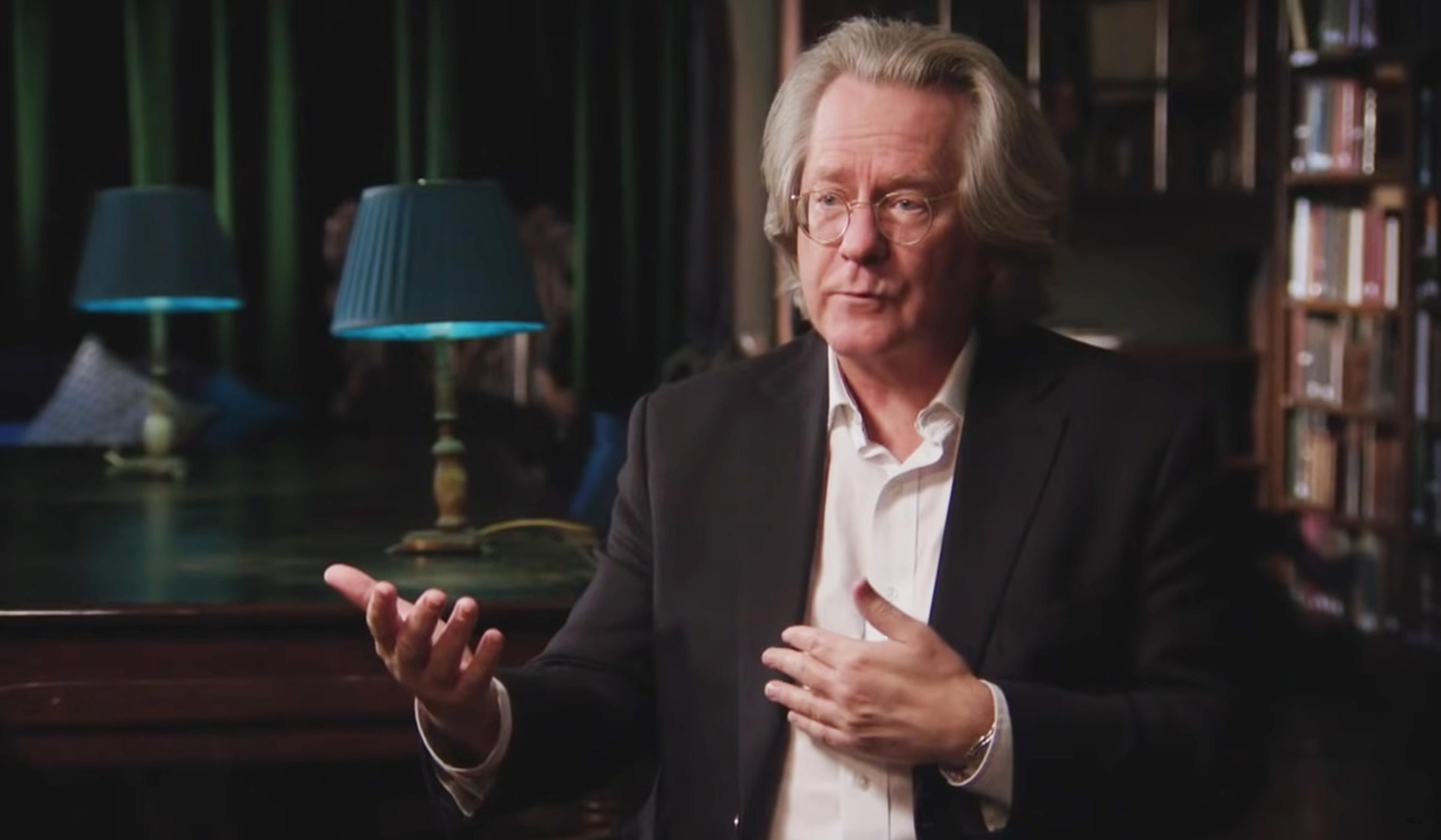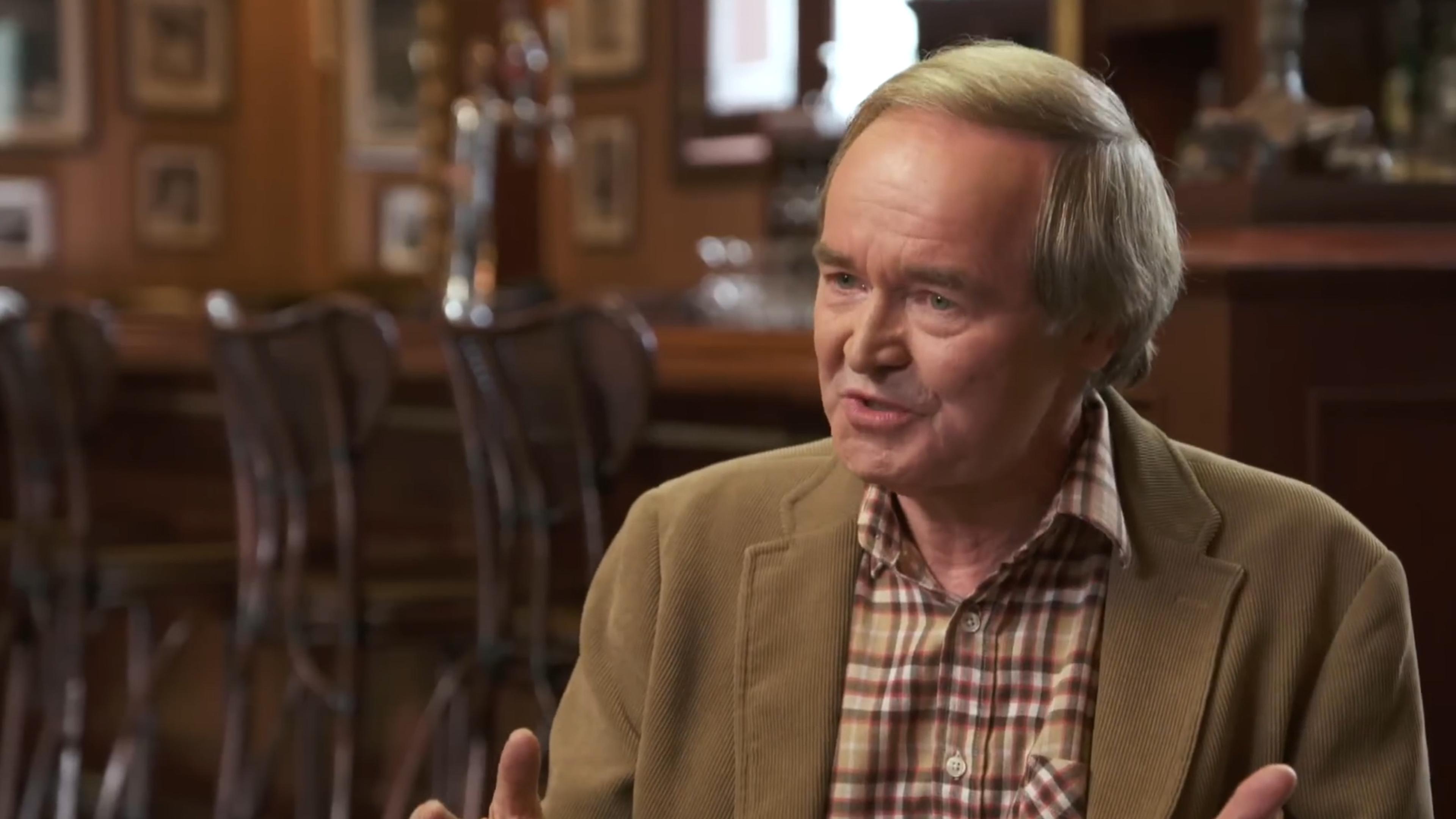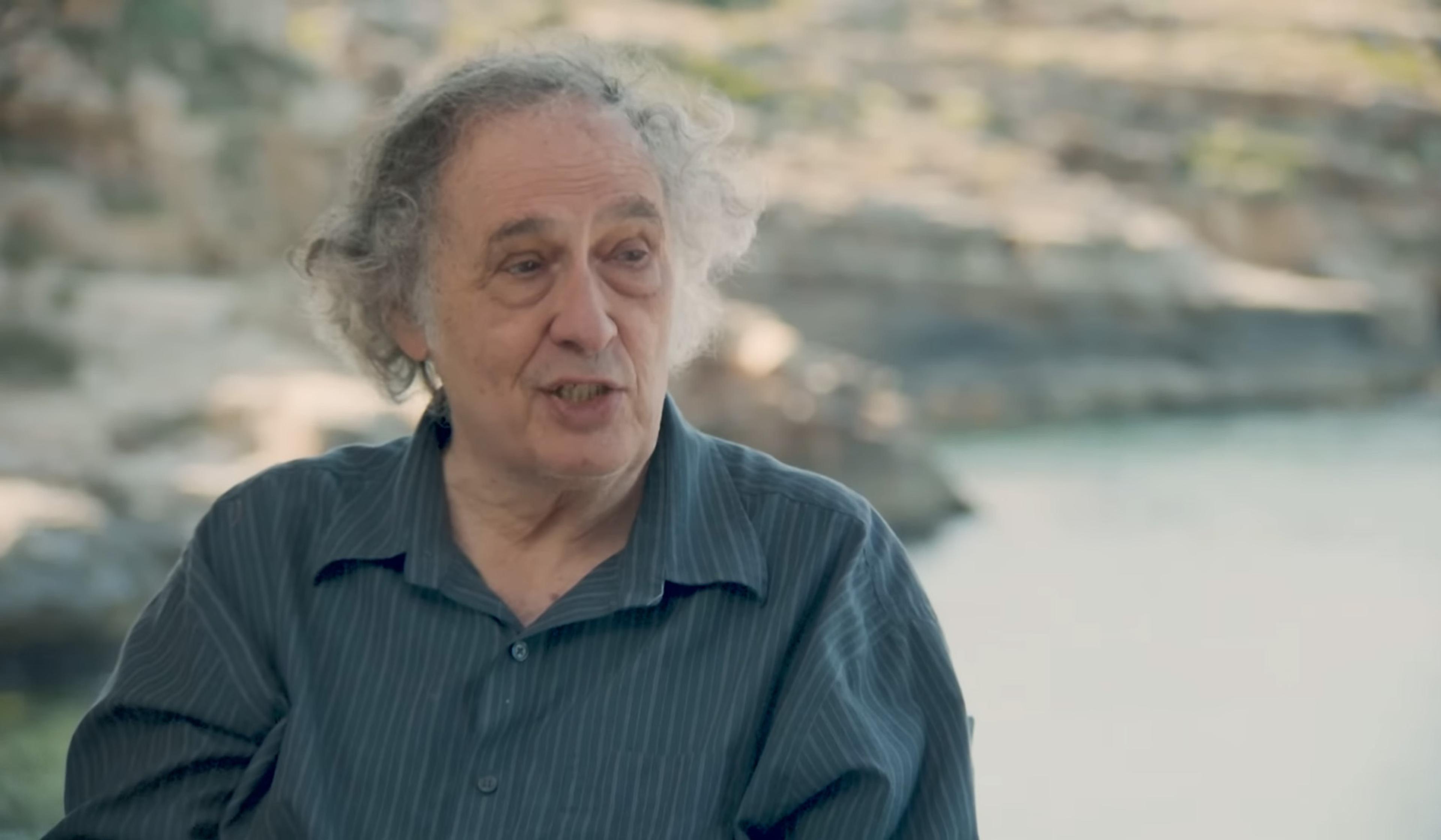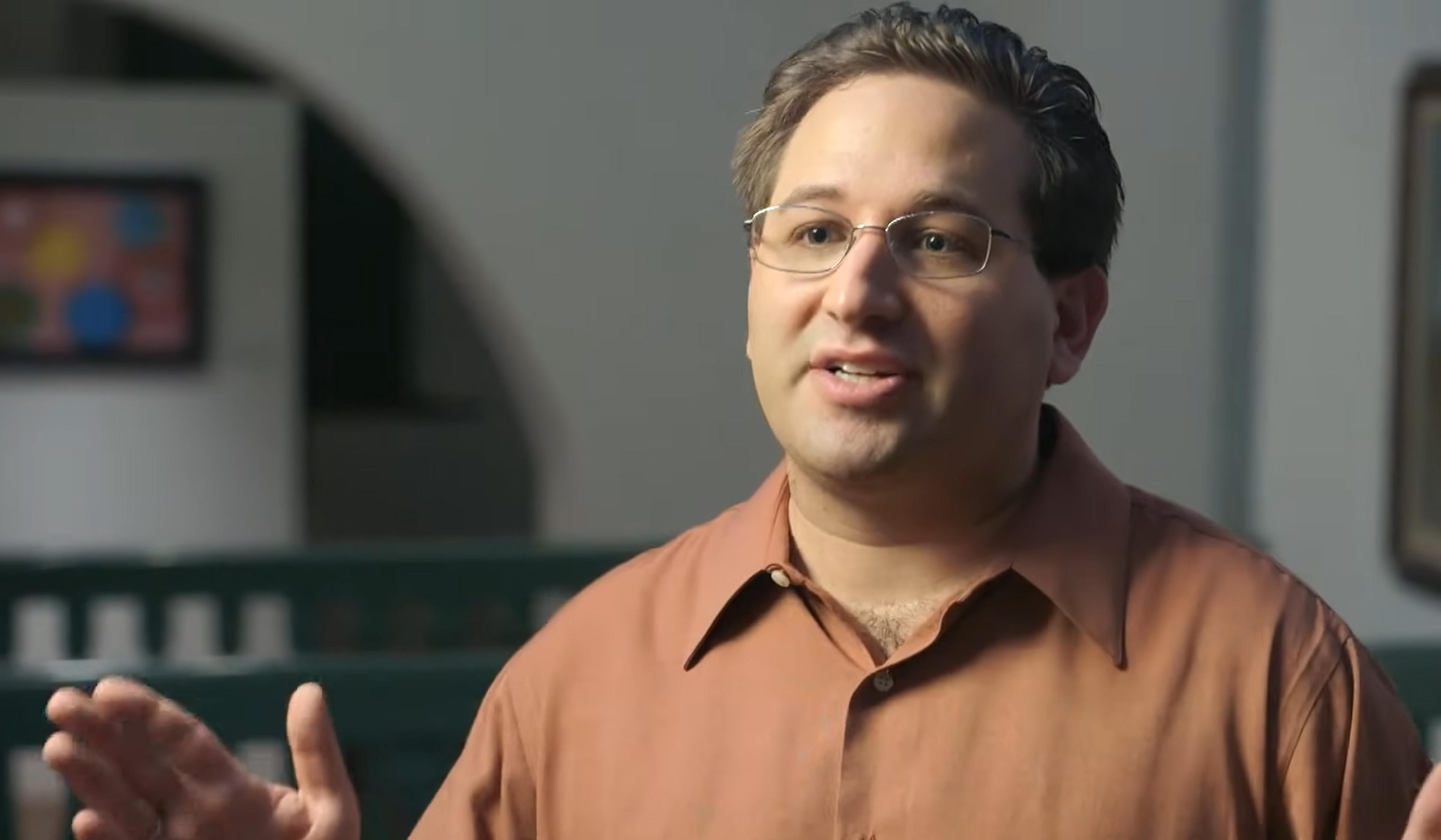In this interview from the long-running series Closer to Truth, the British theoretical physicist and philosopher David Deutsch makes the case that understanding the difference between good and bad explanations is central to advancing knowledge. In conversation with the US presenter Robert Lawrence Kuhn, Deutsch outlines what he believes makes for a convincing explanation – primarily, unprejudiced thinking, relevance and specificity. Further, he argues that this framework for explanations is a vital corrective to a century in which what he calls ‘bad philosophy’, including logical positivism, has dominated, constraining the search for good ideas.
Why David Deutsch believes good explanations are the antidote to bad philosophy
Video by Closer to Truth

videoMetaphysics
Is the question ‘Why is there something instead of nothing?’ even worth asking?
9 minutes

videoCosmology
Are observers fundamental to physics, or simply byproducts of it?
10 minutes

videoMetaphysics
Bertrand Russell wanted to kill off causation. Can contemporary philosophy rescue it?
8 minutes

videoMetaphysics
Why mathematical truths exist with or without minds to consider them
8 minutes

videoMetaphysics
‘The whole thing is a monstrosity!’ How a symmetry heretic sees the Universe
8 minutes

videoHistory of ideas
Splitting the truth: the philosopher that physics forgot
4 minutes

videoPhilosophy of science
Richard Feynman on why science adds beauty in the Universe: it does not subtract
5 minutes

videoConsciousness and altered states
It’s impossible to see the world as it is, argues a cognitive neuroscientist
40 minutes

videoEthics
You messed up. You’re in trouble. But don’t worry, logical positivism can help
6 minutes